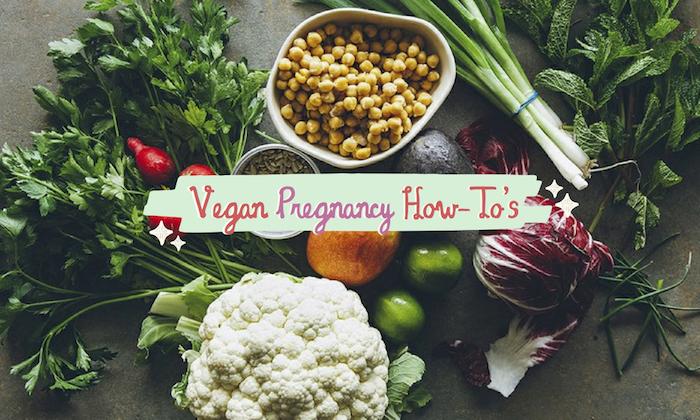
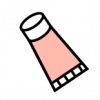 Post Category - Health & BeautyHealth & Beauty - Post Category - Fitness + Healthy EatingFitness + Healthy Eating
Post Category - Health & BeautyHealth & Beauty - Post Category - Fitness + Healthy EatingFitness + Healthy Eating Post Category - BabyBaby - Post Category - BreastfeedingBreastfeeding
Post Category - BabyBaby - Post Category - BreastfeedingBreastfeedingWhether you’re vegan or are just curious about how to eat clean and healthy during pregnancy, nutrition enthusiast Nicole explains the benefits of a vegan pregnancy
There’s no better time to be healthy than when you’re pregnant, mama. A healthy mother is crucial to having a healthy baby, after all. Having a successful pregnancy is very much diet-dependent, and adopting a vegan diet means not consuming animal flesh or any form of animal products (including meat, fish, dairy and eggs). While you might wonder if that would make you nutrient-deficient, here’s some key info to debunk common myths and get you on the path to clean eating.
Disclaimer: Please consult your doctor first before attempting any major shift in diet. I am not a certified doctor or nutritionist. I am a vegan and I have been for nearly two years, and all I can say is that the difference and benefits I’ve personally experienced have been amazing and life-changing. Even if you don’t choose to go fully vegan, there’s no harm in eating more fruits, vegetables, beans and starches. And it never hurts to be more ethical and environmentally-friendly!
Firstly, meat, dairy and eggs are loaded with saturated fats, and are extremely high in cholesterol. They are responsible for the majority of carcinogenic diseases like high blood pressure, high cholesterol, diabetes and cancer. Not to mention, they can also be filled with environmental contaminants. While studies have shown this is not a major concern for breastfeeding mamas, avoiding them completely can be beneficial.
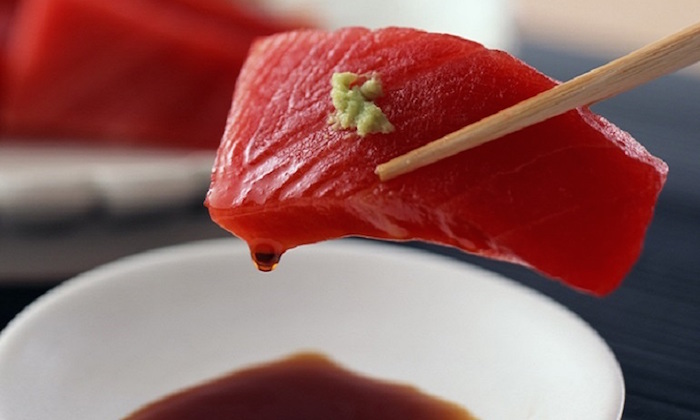
What’s so bad about fish? Eating certain types of fish, especially during pregnancy, can have adverse effects on both mother and child. This is due to mercury poisoning, which is extremely toxic to our bodies. As we go up the food chain, the mercury concentration increases and, humans being at the top of the food chain, we consume the highest concentration of mercury. Along the same lines, large, predatory fish like swordfish and king mackerel can be very high in mercury, and high concentrations of mercury can damage your baby’s brain and nervous system (source). While there are proven benefits to omega-3 fatty acids like EPA and DHA (which are found in fish like salmon, anchovies and sardines), you can also get these nutrients from plant sources such as chia seeds, flax seeds, spinach, and kale. You can also take a DHA or Omega-3 supplement to ensure you get all that you need.
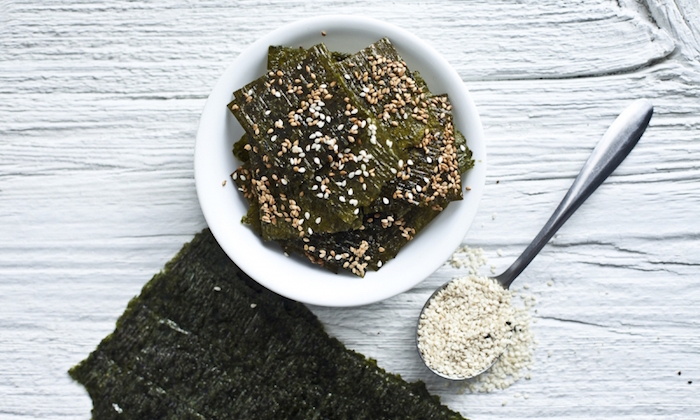
Iodine is essential for everyone, especially among pregnant women, for good thyroid function. Where to find it? Try sea vegetables like nori and dulse. Avoid hajiki as it contains too much arsenic, and kelp, which has too much iodine.
As for Vitamin B12, which is derived from meat, fish, and dairy, consider taking a minimum of 5 mg of supplemental vitamin B12 each day if you’re pregnant, as it aids in the function and development of the brain, nerves, and blood cells.
The recommended protein intake for pregnant women is 70g of protein a day. You can easily get your protein from plant sources such as lentils, legumes, beans, nuts and seeds. By getting your protein from plants, you’re avoiding a key factor in high blood pressure, which can be a contributing factor to the pregnancy disorder, preeclampsia.
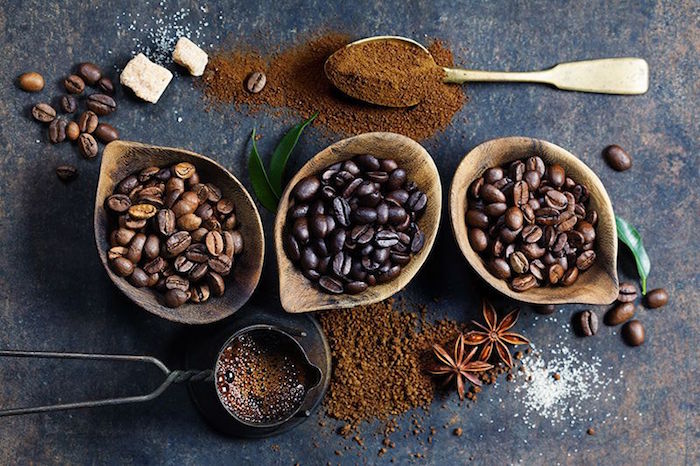
Finally, there’s caffeine. It’s best to reduce – if not completely eliminate – caffeine, which is a stimulant and a diuretic. It gets your heart rate up and causes increased urination, which may lead to dehydration if not supplemented by enough water consumption. It can also penetrate the placenta and overstimulate a baby (you’ll already have plenty of sleepless nights once it’s born, why start early?). According to the NHS, caffeine consumption should be limited to to 200mg, or about 1-2 cups of coffee (depending on strength), per day.
Despite the fact that having a successful pregnancy is diet dependent, it’s also crucial to stay active. Participating in prenatal yoga or doing a little bit of walking everyday helps you to build your muscles and remain strong, and studies have shown myriad benefits for babies as well. While you should never force things or push yourself too hard, regular exercise has not only been shown to reduce labour times by up to one-third, it can also help you lose the extra weight much faster after the delivery of your baby!
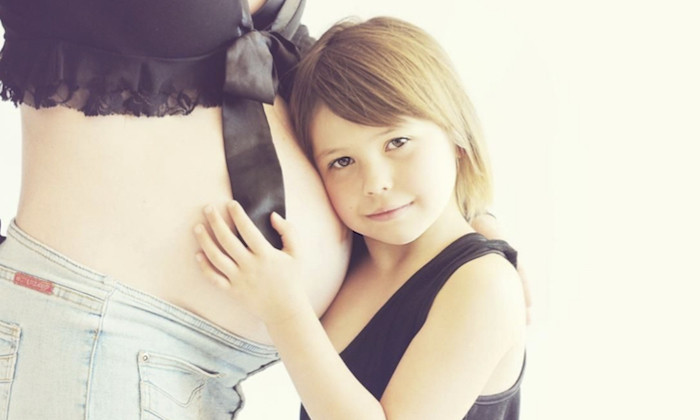
Here’s to a happy, healthy pregnancy mamas!
References:
Caffeine Intake During Pregnancy. (2012). Retrieved June 16, 2016, from http://americanpregnancy.org/pregnancy-health/caffeine-during-pregnancy/
Is It Safe To Follow A Vegan Diet During Pregnancy? (n.d.). Retrieved June 16, 2016, from http://www.npr.org/sections/13.7/2015/08/24/434230024/is-it-safe-to-follow-a-vegan-diet-during-pregnancy
Healthy Vegan Pregnancy, Nutrition During Pregnancy. (n.d.). Retrieved June 16, 2016, from http://www.vegan-momma.com/vegan-pregnancy.html
 View All
View All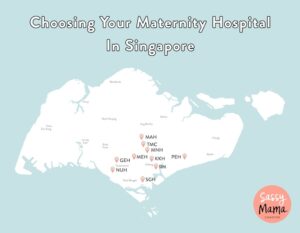
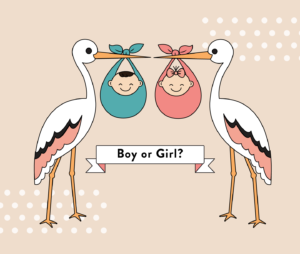

 View All
View All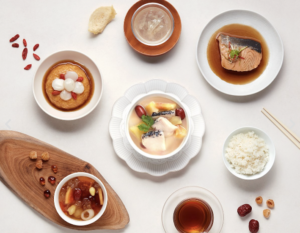


 View All
View All

 View All
View All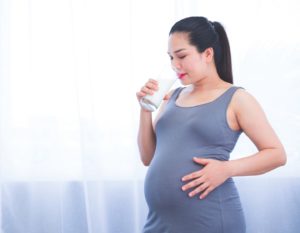
 View All
View All


 View All
View All





